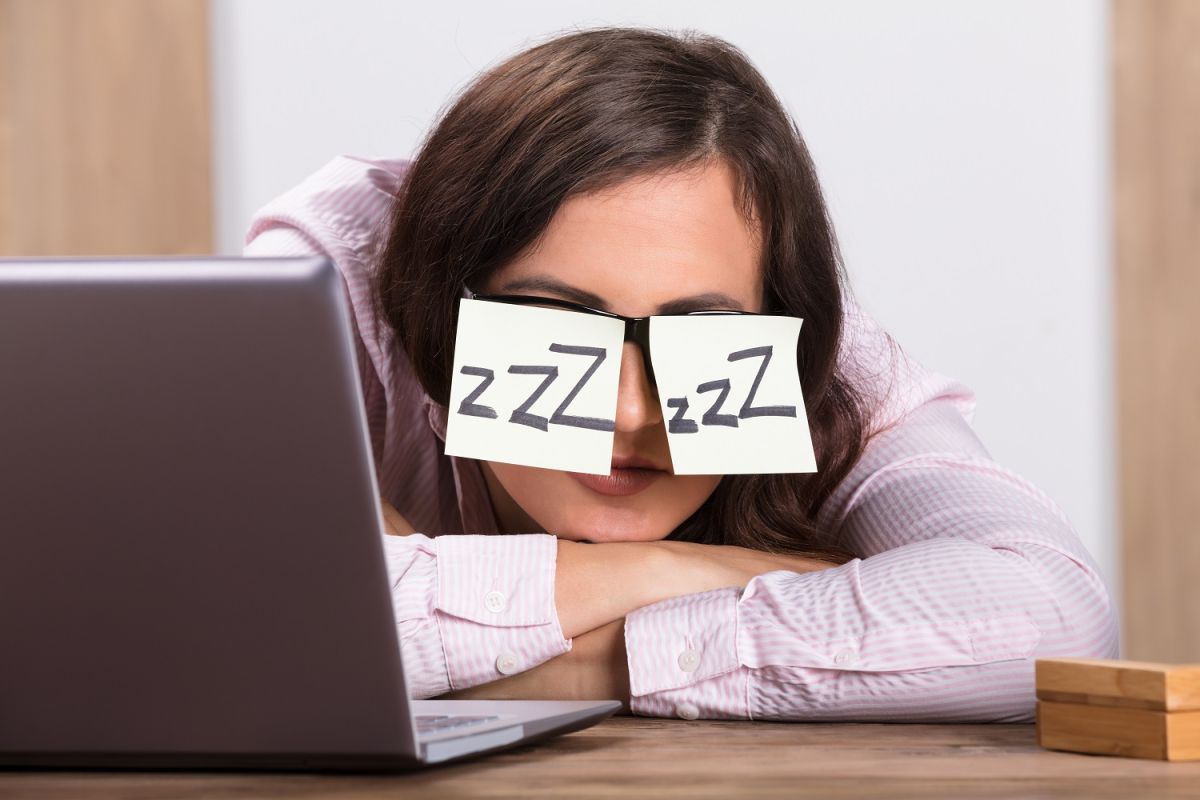With the hustle and bustle of daily life, napping may seem more like a waste of time than a good habit, but the reality is that those few minutes of sleep in our routine can make a big difference in our attitude and in our Health. Today is World Sleep Day, and we’ll tell you how long a nap should last, how to do it and other tips from the experts.
There are many myths surrounding a nap, such as if you do sleepy when you wake up or that you won’t be able to sleep at night, but the reality is that doing it right can renew your energy for the rest of the day and improve your general health. The key is to do it according to the recommendations of the experts.
Kiera Pritchard, a sleep expert, told The Mirror the best way to take a nap to reap its benefits.
How long should a nap last
Although an ideal nap is 90 minutes, which is the duration of a complete sleep cycle, it does not we always have the opportunity to spend an hour and a half sleeping during the day, so Pritchard suggests that a very short nap, between 10 and 20 minutes can help raise your energy levels. Since you will only be reaching the lighter stages of sleep during this time, you can easily wake up feeling better.
Now, if one day you decide to take a nap of 90 minutes, the expert advises that you do it at least seven hours before your scheduled bedtime, so it doesn’t interfere with your night’s sleep.
The best time of day for a nap and how to do it in three steps
Between 1 and 3 PM is usually the ideal time to take a nap, since it coincides with a period of between six and eight hours after waking up. Now, follow these three steps to take your nap:
1. Find a quiet place, preferably dark, to take a nap. A mask and earplugs can help.
2. Set your alarm for the time you want to wake up.
3. If you can’t sleep, take advantage of that time to do some relaxation and breathing exercises that also help renew your energy.
If you feel groggy or sleepy when you wake up from a nap, take a brisk walk in the sun, drink some coffee, or splash cold water on your expensive. Remember that a nap has several health benefits, such as improving your mood, your memory, your creativity and your ability to recover from illness.
Read more:
+ The formula “10-3-2-1” to sleep well and overcome insomnia
+ Losing weight: How long should you sleep to reduce calories
+ Melatonin for sleeping has more risks than benefits
+ What time should you go to sleep to avoid illnesses cardiovascular
90
